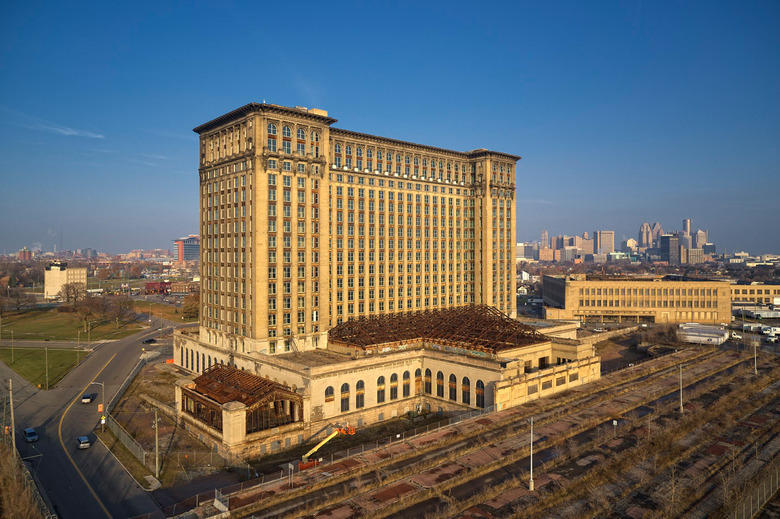Ford Automotive Manufacturing Dominance Meets The Agility Of Newlab's Studio Model
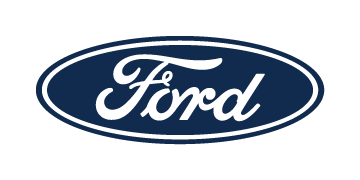 When Henry Ford's first Model T rolled off the assembly line in Dearborn, Michigan, in 1913, the world changed forever. We entered a new era of transportation, manufacturing and commerce. Now, some 117 years later, even Henry Ford, big thinker that he was, couldn't have predicted the technology we live with today. Self-driving cars are a reality, electric vehicles are fast becoming the norm, and the modern workforce is constantly adapting to new conditions (especially in 2020). But his innovative spirit lives on—as new problems require new solutions, Ford continues to step up to the challenge. Even if that means rethinking problem-solving altogether. And they're doing it in Detroit's oldest neighborhood.
When Henry Ford's first Model T rolled off the assembly line in Dearborn, Michigan, in 1913, the world changed forever. We entered a new era of transportation, manufacturing and commerce. Now, some 117 years later, even Henry Ford, big thinker that he was, couldn't have predicted the technology we live with today. Self-driving cars are a reality, electric vehicles are fast becoming the norm, and the modern workforce is constantly adapting to new conditions (especially in 2020). But his innovative spirit lives on—as new problems require new solutions, Ford continues to step up to the challenge. Even if that means rethinking problem-solving altogether. And they're doing it in Detroit's oldest neighborhood.
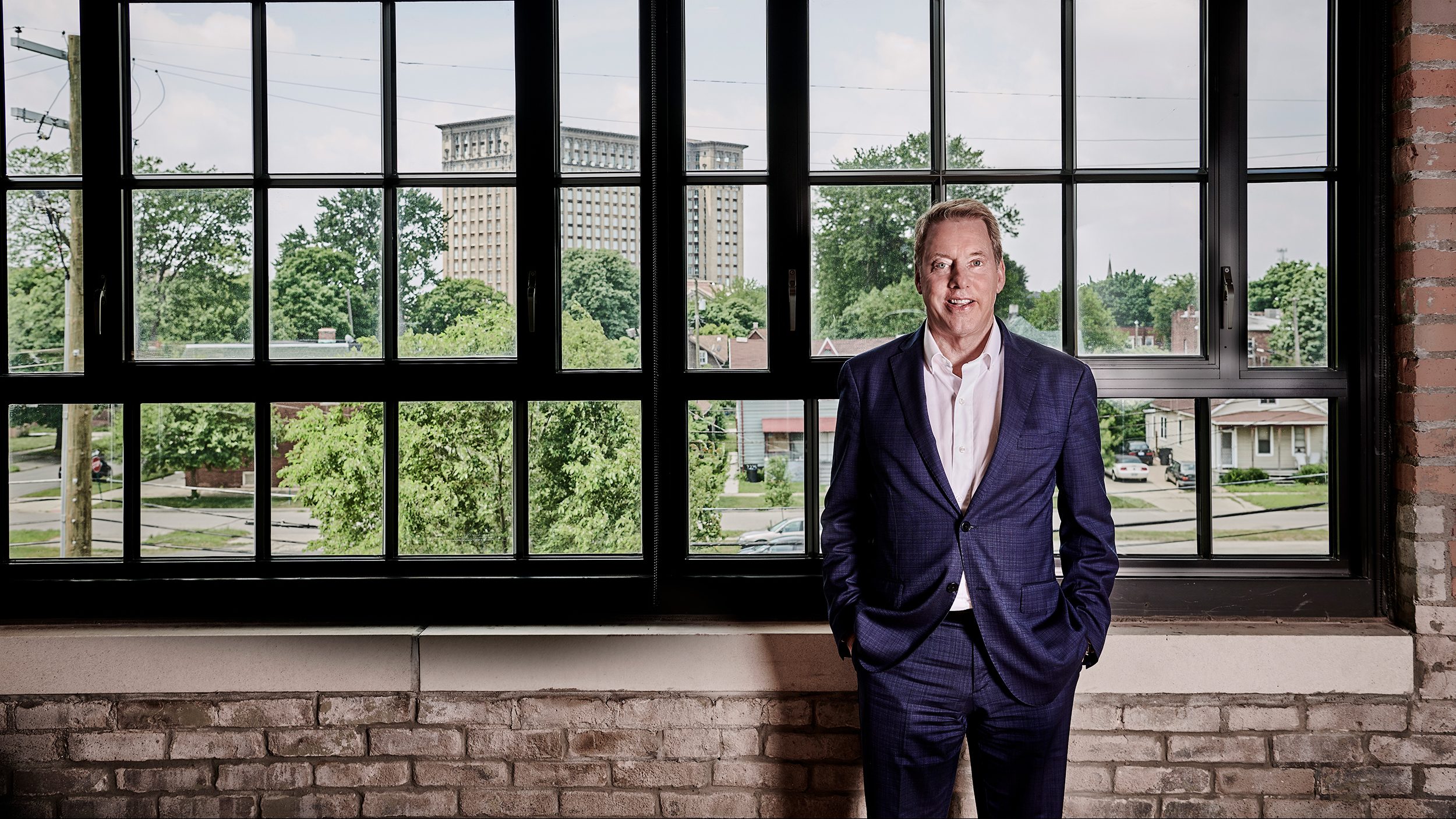
Ford executive chairman Bill Ford inside the company's new office in Detroit's Corktown neighborhood. The iconic Michigan Central Station pictured in the background.
Two years ago Ford purchased 1.2 million square feet in Corktown—including the iconic Michigan Central Station, a 500,000-square-foot monument to the Motor City's grand days of yore—to create a paradigm-busting hub for mobility innovation. The company is using neighboring streets and infrastructure to test and speed up the innovation process. But don't consider it an extension of Ford's headquarters, which remain in nearby Dearborn. It's something else entirely.
"We're looking forward to this being an open platform," says Julie Roscini, who leads the development's external engagement strategy for Ford. "It's a place to think and imagine and bring to life fantastic ideas that solve problems." Ford is opening two studios at Michigan Central to engage in issues around mobility in collaboration with Newlab. Known for applying technology and innovative thinking to pressing issues, Newlab is composed of over 800 engineers, inventors and designers. Newlab works with leading corporations to solve complex challenges. Now, Ford sits center stage. And Detroit along with it.
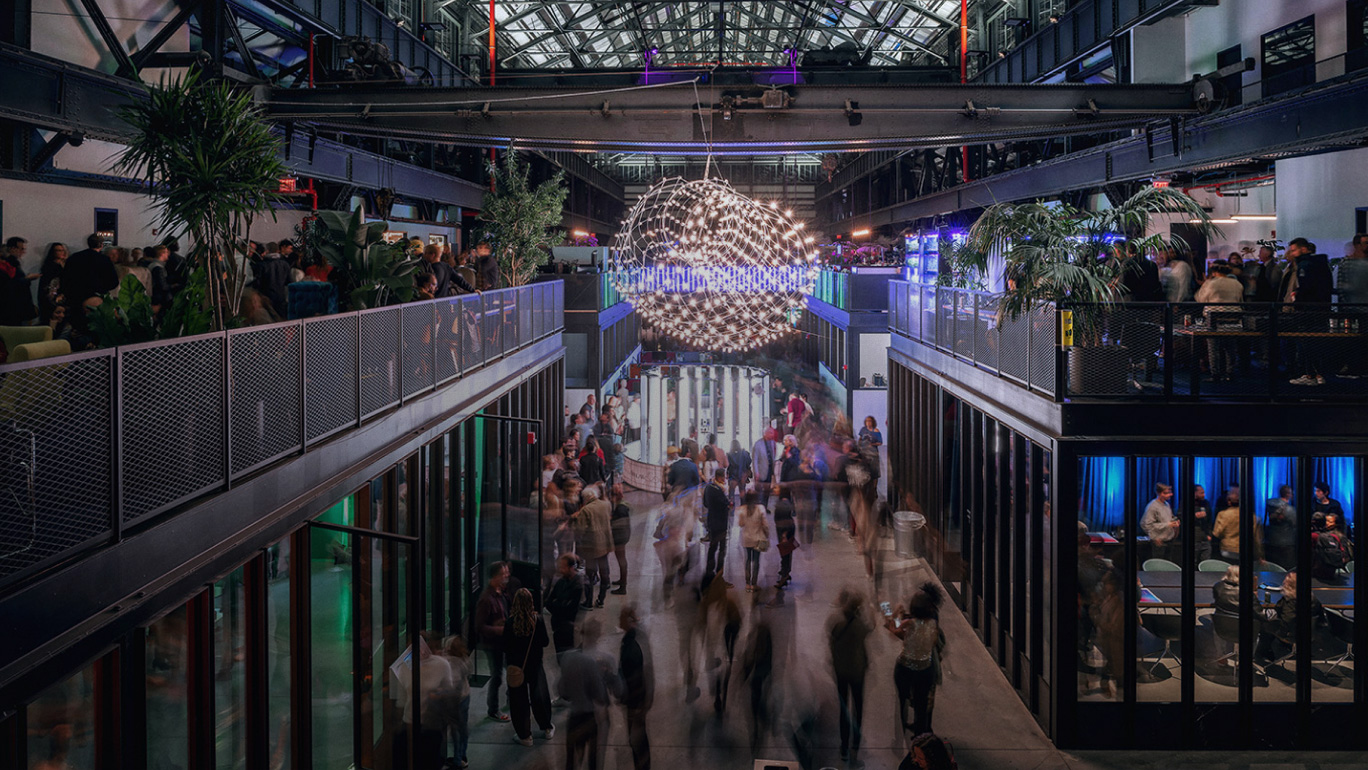
Newlab's facility in the Brooklyn Navy Yards.
"Detroit is the birthplace for modern manufacturing, and Ford is the beating heart of the country's automotive industry," says Newlab CEO Shaun Stewart. This is why Michigan Central is the perfect place for Newlab's model of collaborative, diverse and dynamic innovation."
At Michigan Central, Ford will focus one studio on macro mobility problems that impact the country and the world. The other is a civic studio that focuses directly on issues faced in the neighborhood around Corktown. The latter will bring together local stakeholders to research and identify issues. "We envision a program where entrepreneurs and startups work together with local experts to address transportation and access issues that affect Detroit residents," explains Roscini.
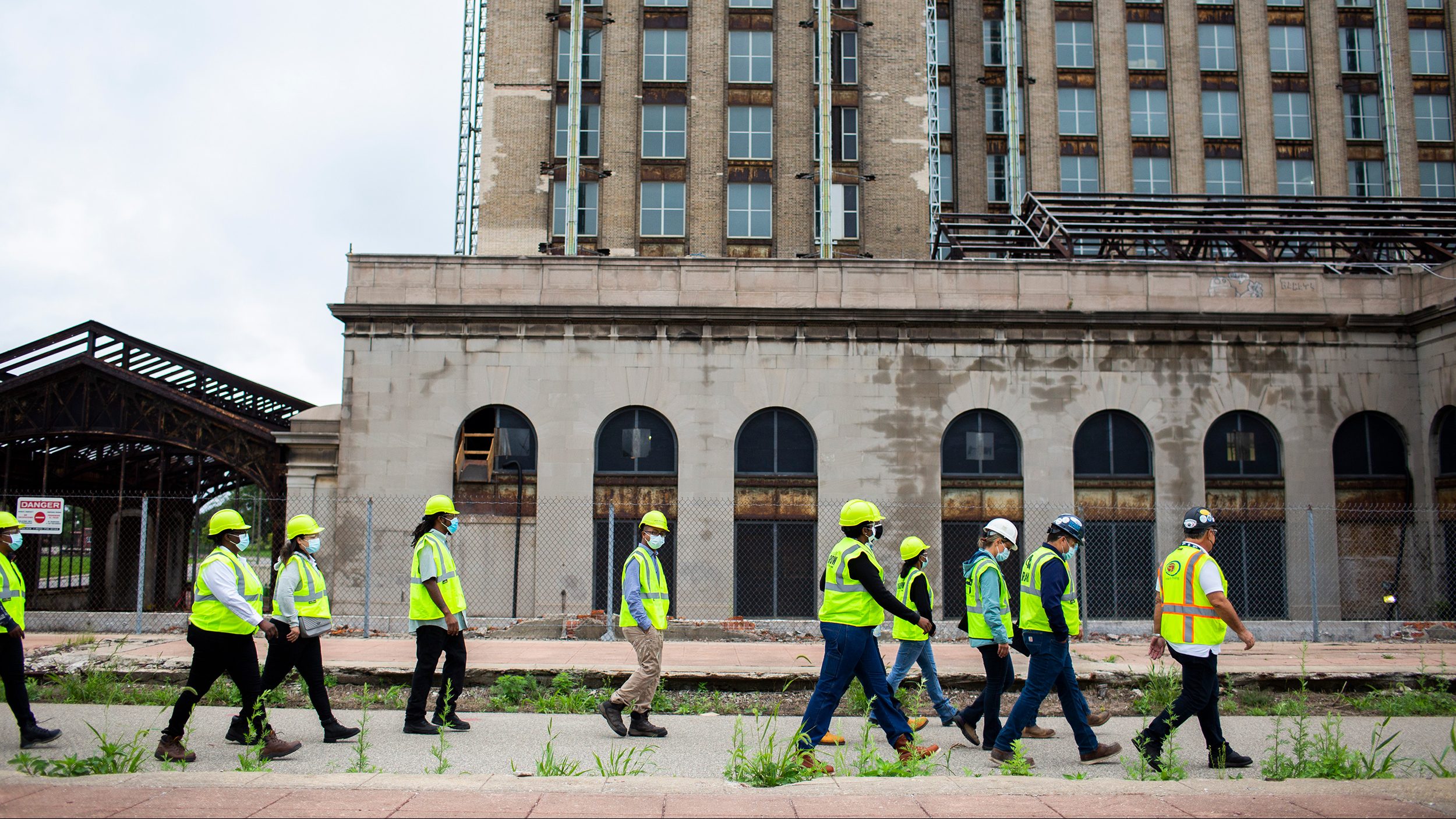
An initiative for workers from the neighborhoods surrounding Corktown, on-site at Michigan Central.
The process for the civic studio starts by identifying a problem through research and community engagement. Then Newlab leverages its vast network of experts and entrepreneurs to work with local stakeholders to develop solutions. Meanwhile, the sheer amount of space at Michigan Central and access to robust manufacturing and technology capabilities give startups the ability to refine their ideas quickly and with fewer barriers. "Michigan Central will provide a real-world testing opportunity," says Roscini. "There will be collaboration, not only amongst mobility companies but also with adjacent industries. We're really building the 'smart world' from the ground up in this place."
In addition to improving the way we move around—whether it's between cities or within our own communities—Ford and Newlab expect the studios to attract new startups and technologists to Detroit. "Our studio model will support the overall development of Michigan's startup ecosystem, making the pie bigger for everyone and helping local startups to stay, grow and thrive here," says Stewart.
This brand of big thinking is what once put Detroit on the world stage with the rise of the automobile and, if all goes according to plan, will be what keeps it there, no matter what the future of mobility holds.
